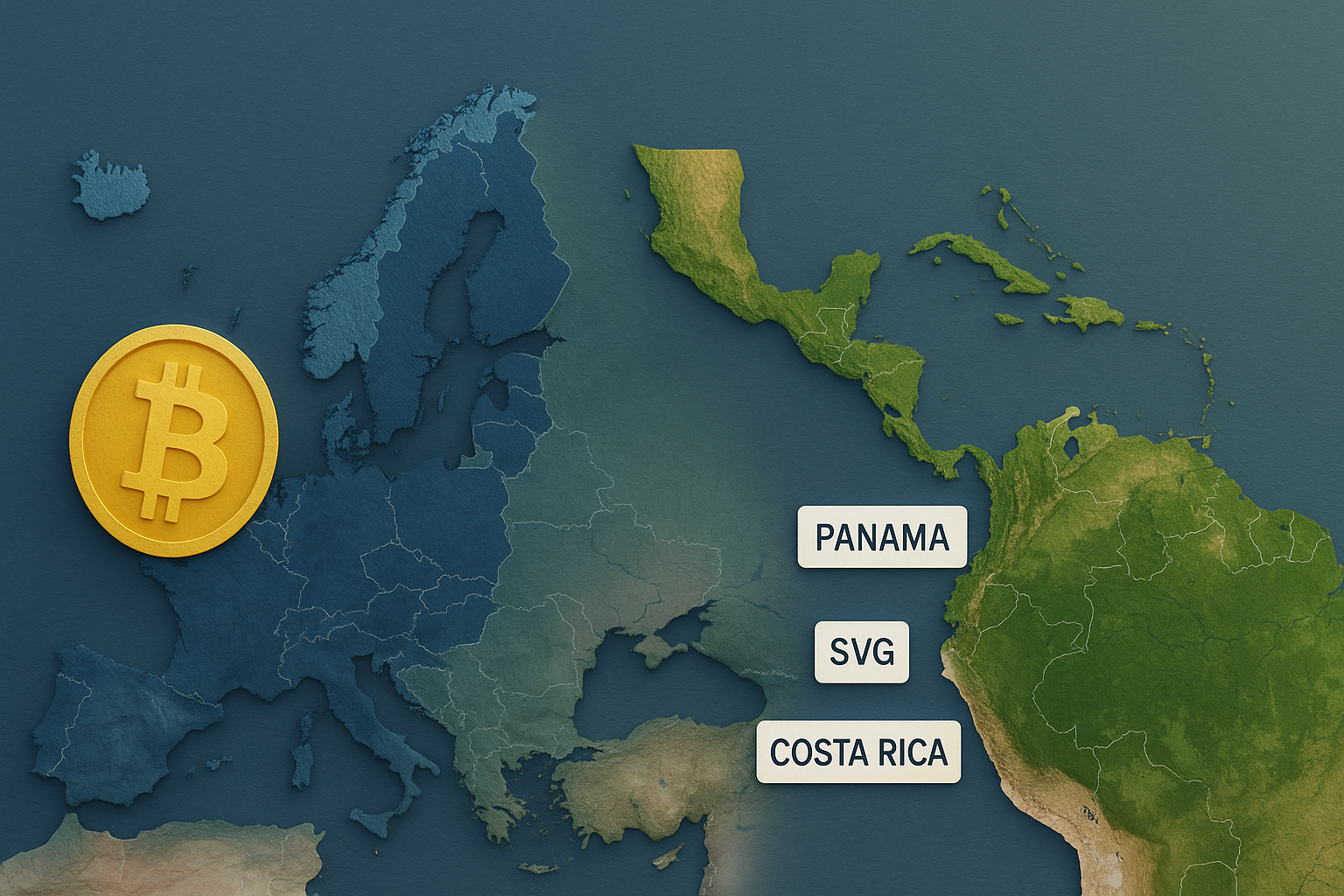The government of Abu Dhabi has approved the use of the Tether (USDT) stablecoin, marking the first comprehensive regulatory approval for a digital currency in the Middle East.
Significant advancements are occurring in the Middle Eastern cryptocurrency landscape as Abu Dhabi’s government gives a regulatory nod to the Tether (USDT) stablecoin. This is a ground-breaking development as it represents the first comprehensive regulatory approval for a digital currency in the region.
A Step Forward for Crypto in the Middle East
Abu Dhabi Global Market (ADGM), the region’s international financial centre, accepted the Tether (USDT) stablecoin under the purview of its regulatory framework. This move further cements the Middle Eastern nation’s intention to foster a supportive environment for the growth of the cryptocurrency industry.
This development is expected to pave the way for the widespread use of digital currencies in the Middle East. It is a breakthrough for Tether Operations Limited, the company operating the stablecoin, as it marks their expansion into the burgeoning Middle Eastern digital economy.
The Implications of the Approval
The approval by Abu Dhabi’s authorities signifies a broader acceptance of the digital economy. The move validates the security and stability of Tether, thereby providing additional credibility to the thriving stablecoin market.
Furthermore, the approval showcases the robustness of Tether’s operations, including their transparency and compliance with regulatory requirements. This move could set a precedent for other stablecoins and digital assets to seek regulatory approval in the region in the future.
Tether (USDT) and the Stablecoin Market
Tether (USDT) is a significant player in the stablecoin market, which has been growing at a rapid pace. Stablecoins like Tether, whose value is pegged to a more stable asset, such as the US dollar, can act as a safe haven within the volatile crypto market.
The use of these digital assets offers several advantages, including transaction speed, stability, and global reach. The approval of Tether can be expected to boost the region’s economy by attracting more adoption and investment from global cryptocurrency enthusiasts and investors.
The Future of Cryptocurrency in the Middle East
This development can set a precedent for the acceptance of digital currencies in the region. Several other Middle Eastern countries have expressed interest in exploring the possibilities of incorporating digital currency into their respective economies.
The continued efforts to create a supportive ecosystem for crypto-related activities may entice other digital asset operators to set up operations in the region. This could further stimulate the growth of the digital economy and foster a healthy environment for innovation in the cryptocurrency industry.
Conclusion
The sanctioning of Tether (USDT) by the Abu Dhabi government is a significant step forward for the acceptance and regulation of digital currencies in the Middle East. This indicates a positive trend for the future of digital assets in the region. With this move, the Middle East can be expected to become an attractive location for digital asset businesses and investors alike.






